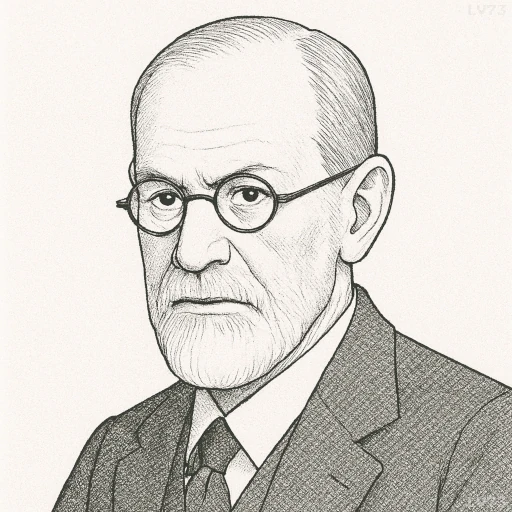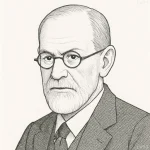“Analysis does not set out to make pathological reactions impossible, but to give the patient’s ego freedom to decide one way or another.”

- May 6, 1856 – September 23, 1939
- Austrian
- Neurologist, Founder of Psychoanalysis
table of contents
Quote
“Analysis does not set out to make pathological reactions impossible, but to give the patient’s ego freedom to decide one way or another.”
Explanation
Freud clarifies here the true aim of psychoanalysis: not to eliminate all pathological behaviors or thoughts, but to restore the ego’s capacity for conscious choice. Instead of repressing symptoms or forcing a specific moral outcome, analysis seeks to bring unconscious conflicts into awareness, enabling the patient to understand their impulses and respond with greater clarity and autonomy. The goal is empowerment, not perfection.
In psychoanalytic theory, symptoms often arise from unconscious compromises between the id, ego, and superego. Left unexamined, these reactions—such as anxiety, compulsions, or depression—can dominate a person’s life. Freud’s therapeutic method involved bringing these hidden dynamics to light through dialogue and interpretation. But crucially, analysis does not dictate what the patient must choose; it simply gives the ego—the rational, decision-making part of the psyche—the freedom to act with insight rather than compulsion.
Today, this perspective informs many modern therapeutic approaches that prioritize self-awareness, agency, and informed decision-making over behavior control. Rather than trying to “cure” patients by suppressing symptoms, effective therapy supports individuals in understanding themselves and making conscious life choices. Freud’s insight remains a cornerstone of humanistic and psychodynamic practice: psychological freedom lies not in removing all inner conflict, but in becoming aware enough to choose how we respond to it.
Would you like to share your impressions or related stories about this quote in the comments section?


